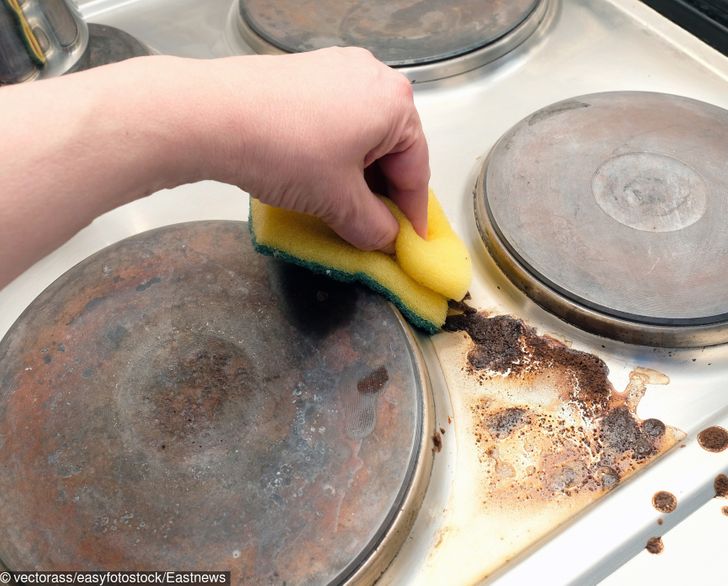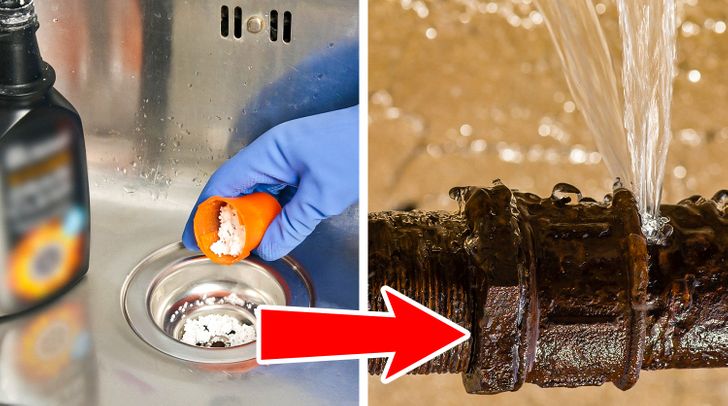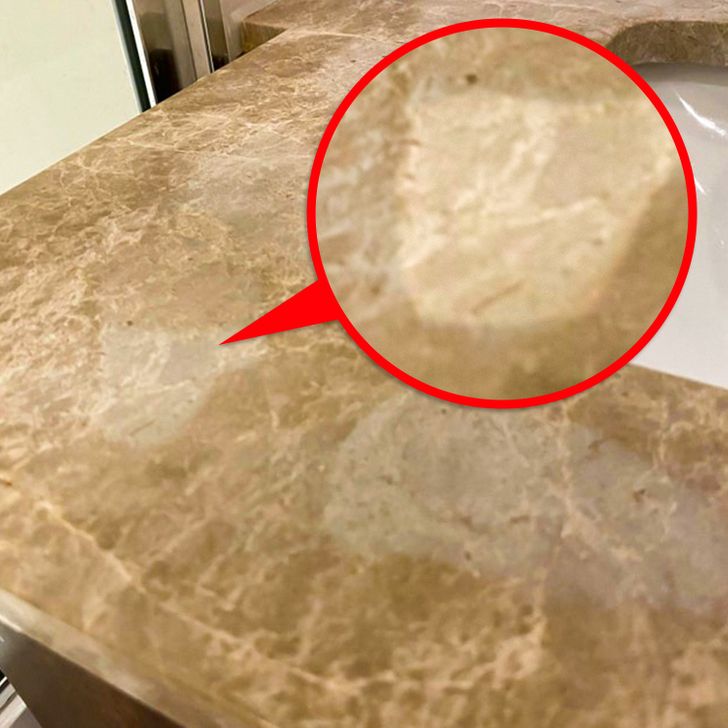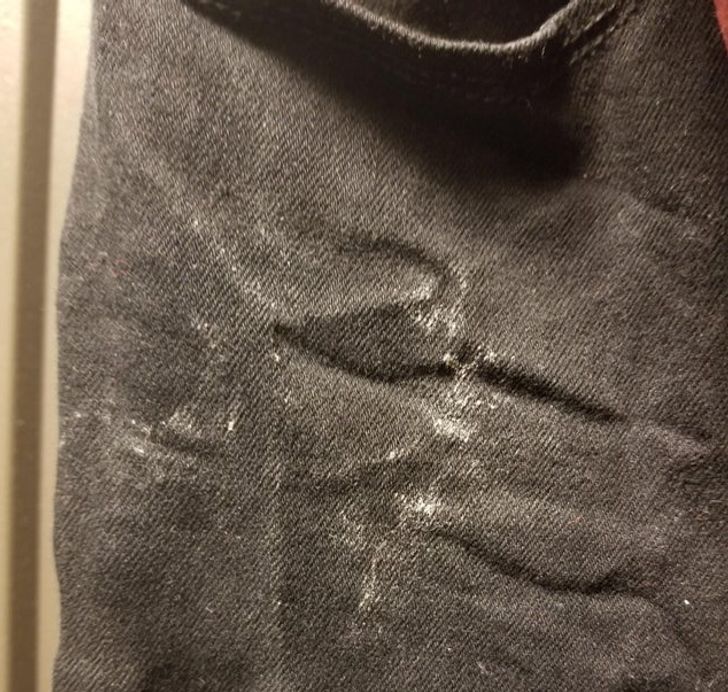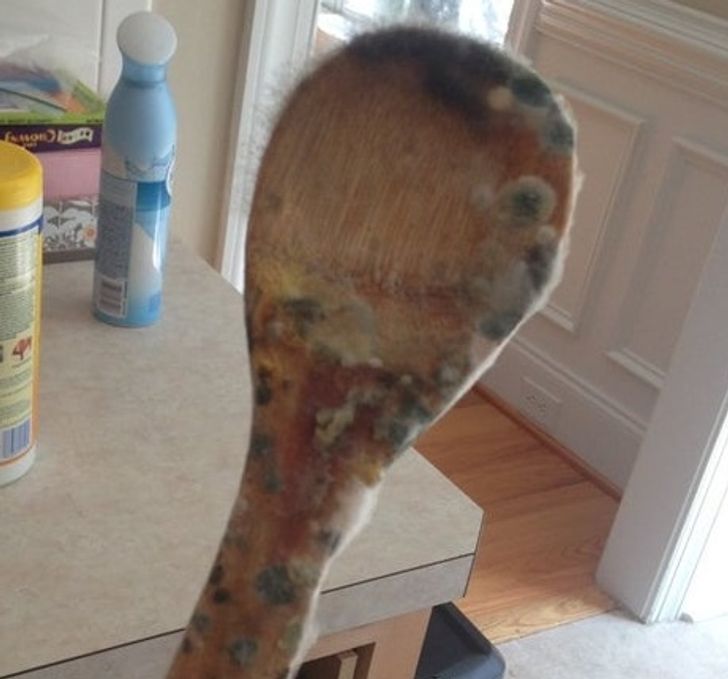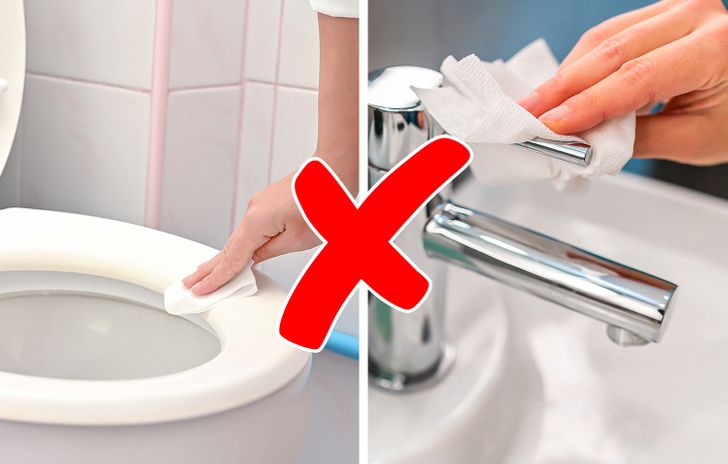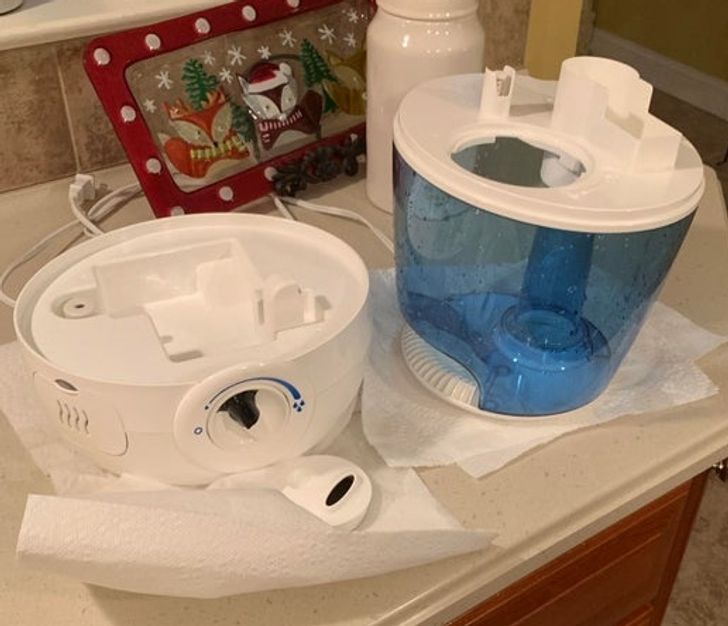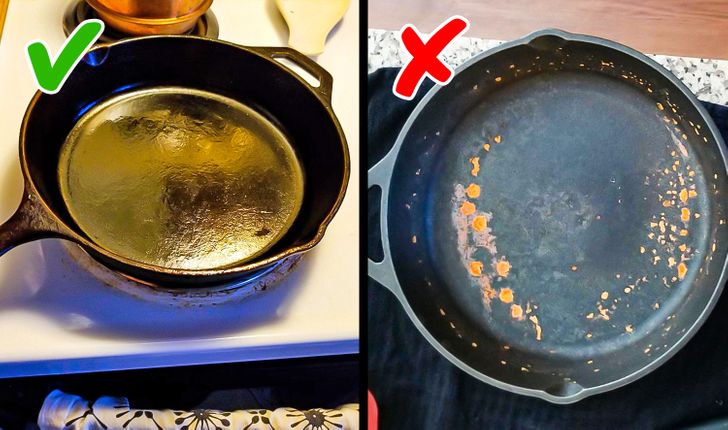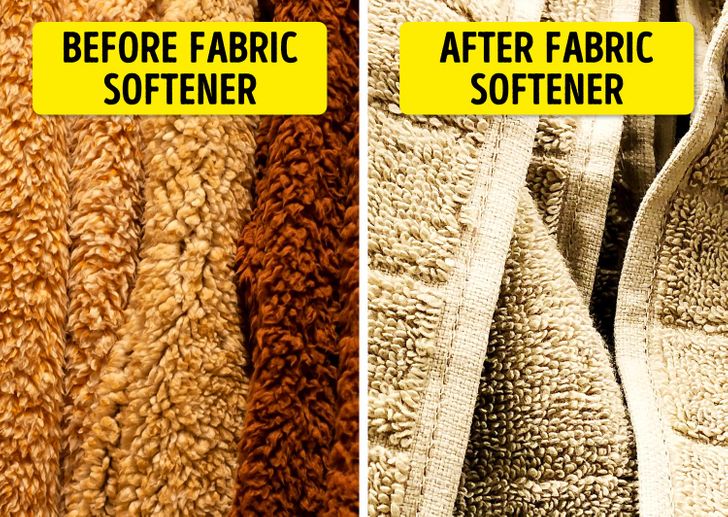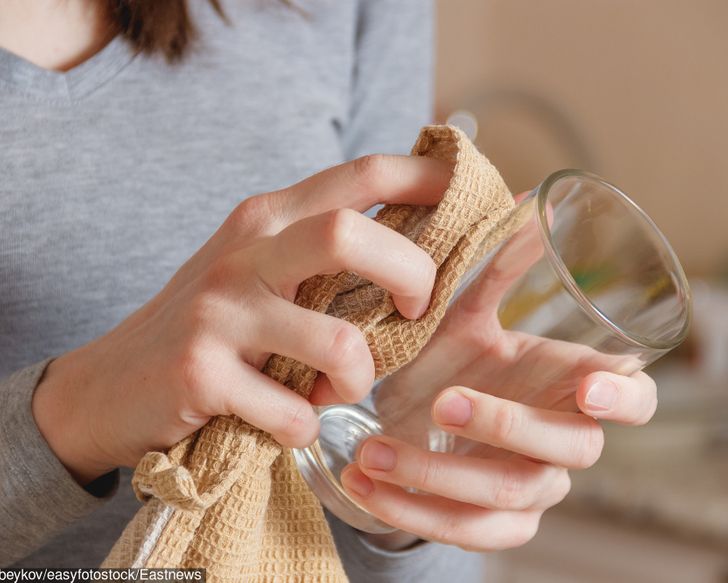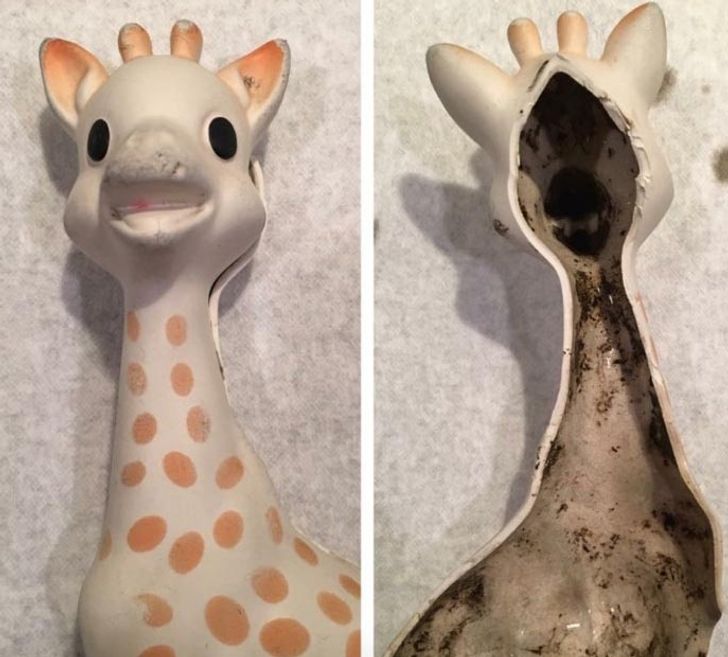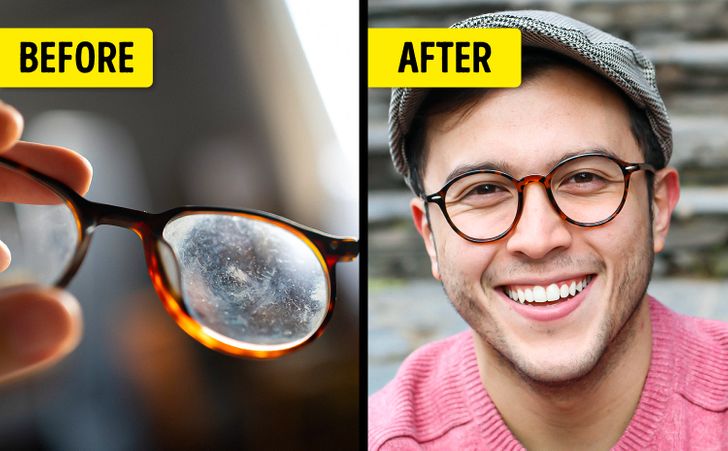My aunt who lives in Rhodes in Greece and has a small hotel, she has told me that wooden utensils for cooking are not allowed because they collect many germs easily :/
12 Simple Cleaning Mistakes We Could All Be Making Right Now

Contact time is crucial for effective cleaning, something that many of us may be doing wrong. Unless we know where the hotspots are and how to deal with them, we may be ineffectively cleaning by leaving behind harmful bacteria. Worse still, our mistakes could be causing more damage to our homes than help.
It’s time that we stop making these mistakes with the help of Bright Side, who’s found the 12 most common cleaning errors.
1. Not using enough contact time
We may not be using the cleaning products correctly simply because we’re not following its recommended contact time for it to effectively kill the surface bacteria. Read the label to see how long the cleaner needs to be left on before wiping it off.
2. Using chemical drain cleaners too often
3. Using lemon or vinegar on stone countertops
4. Adding too much detergent
Although it may be tempting to add some extra detergent to our washing machines if some items are particularly dirty, it should be avoided. This is because the excess soapy detergent left in our clothes actually attracts dust and dirt to them more quickly since they stick to the fabric. It can also stain our clothes with white detergent.
5. Putting small pieces or wooden items in the dishwasher
Kitchenware such as graters, garlic pressers, and zesters do not belong in the dishwasher because they may develop mold. This is because they have small holes and spaces in them where food can remain trapped and damp.
Wooden spoons should also be kept out of the dishwasher as the warm and damp environment will promote the growth of mold.
6. Using a disinfectant wipe on everything
7. Not cleaning our humidifiers regularly
They’re a breeding ground for mold, which thrives in damp conditions. To make sure that you’re cleaning them properly, fill the water tank with 2 cups of white vinegar before placing it on the base so that it drains into the reservoir. Empty it after 20 minutes and give it an extra scrub with a small brush to make sure all the nooks and crannies are cleaned.
8. Putting our skillets in the dishwasher
This pan will not do well in the dishwasher because the appliance will strip the bottom of the pan of all its seasoning. This seasoning is a beneficial buildup of oils over time that reacts to the metal of the pan and helps to keep it non-stick.
9. Washing our towels with fabric softener
If over time your towels become scratchy and tough, it could be because of fabric softener. After a while, your towels will get coated with chemicals that reduce their absorbency and make them stiff.
Instead, try to wash them in hot water (the hotter the better) and add 1 cup of ammonia. This will help to remove the chemical buildup in your towels, leaving them nice and soft.
10. Not changing our hand and dish towels frequently enough
11. Disinfecting toys with vinegar
Bath toys are especially known to grow harmful mold inside of them. Unfortunately, soaking toys in vinegar will not remove all of the bacteria buildup and it’s below EPA standards.
Both bath toys and plastic toys can be cleaned with disinfectant, but make sure that the surface is wet for at least 10 seconds for wipes and 5 minutes if using a bleach and water solution. This ensures that the items are effectively disinfected. Always give them a quick rinse after they’ve dried.
12. Cleaning our glasses with water and paper towels
It may be tempting to quickly wipe off your glasses with a tissue but the best way to ensure that your glasses remain clean and scratch-free is to rinse them in warm water and gently wash them with dish soap. Dry the lenses with a soft microfiber cloth before using a disinfectant wipe to clean around the nose and earpieces.
What would you add to the list? Do you believe that we’re making some serious cleaning mistakes?
Comments
Glasses paper and water YES!!! I always use that trick. If I am in the kitchen I also use some dishwashing soap haha
oh my.. I'd never thought toys can be THAT dirty inside
I also clean my glasses with warm water the whole time. I try to take care of them as much as I can. When I see people use their shirts to wipe the glass, I cringe :D
Related Reads
A Year Ago Unusual Twins Amazed the Internet, Look at Them Now

15 Stories That Prove Kindness Quietly Heals What the World Breaks
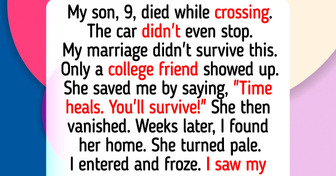
10 Stepchildren Who Opened Their Hearts to Welcome Another Parent

I Refuse to Sacrifice My Life to Care for My Sick Grandmother — I’m Not a Doormat
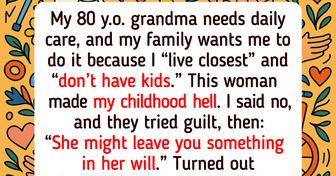
I Said I’m Child-Free, and My Coworker Ran Straight to HR
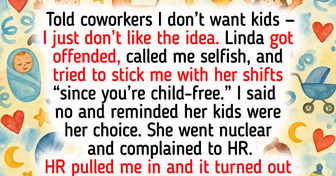
My Boss Tried to Ruin My Christmas Plans—I Got the Last Laugh

15 Landlords Whose Logic Is So Bizarre, Their Tenants Were Left Speechless
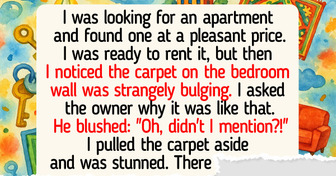
10 Travelers Who Took “Breaking the Rules” Way Too Far
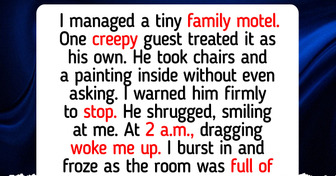
I Got Fired the Day Before My Vacation—And HR’s Policy Was Their Biggest Mistake
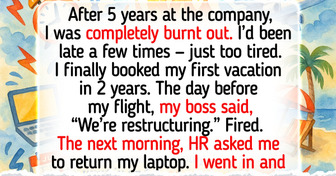
10 True Stories That Prove Kindness Is Quiet — but Stands Strong

I Thought I Was Helping My Stepdaughter’s Family, but Then I Overheard a Secret Plan

I Refuse to Walk My Daughter Down the Aisle With the Man Who Ruined Our Family

